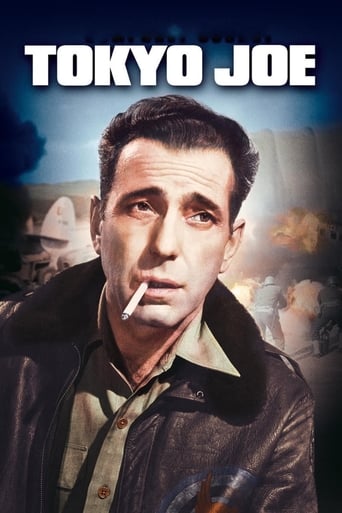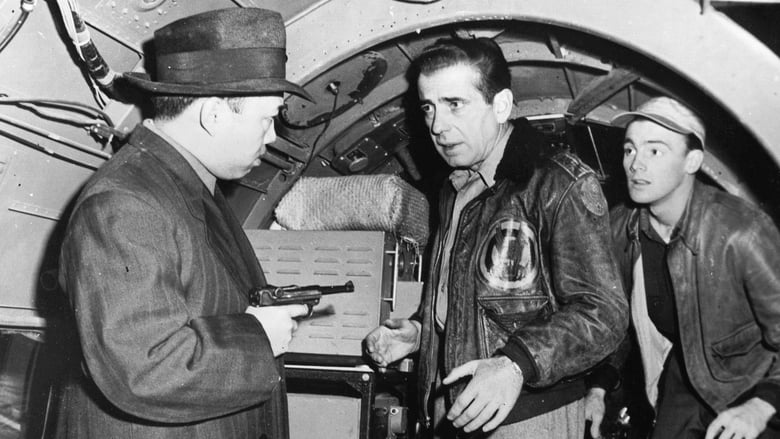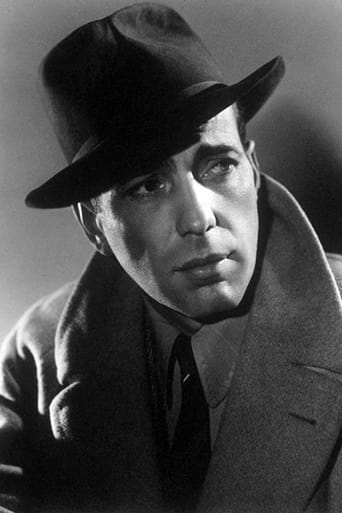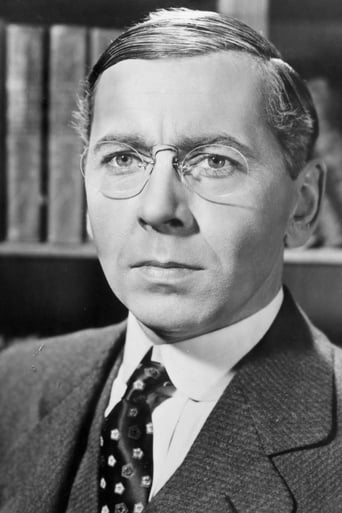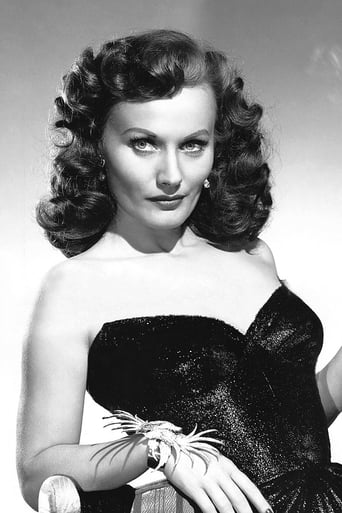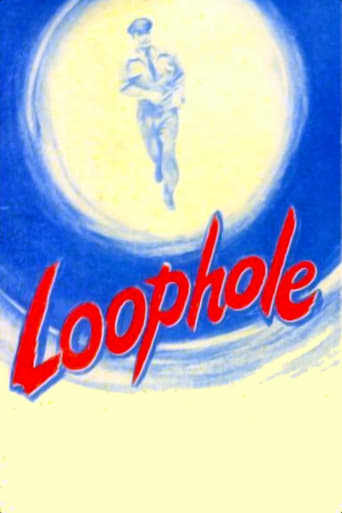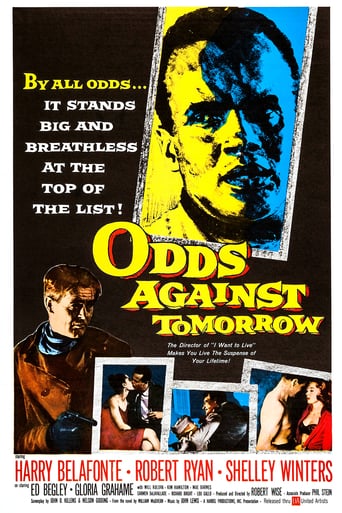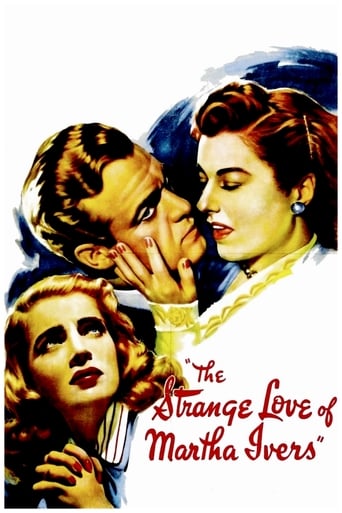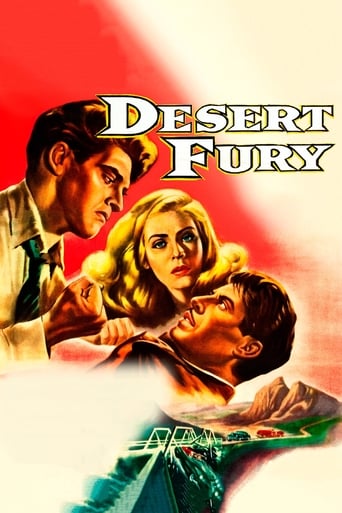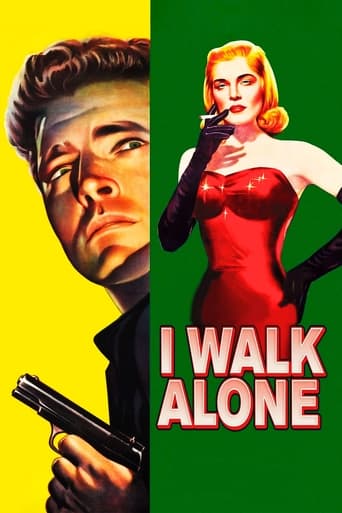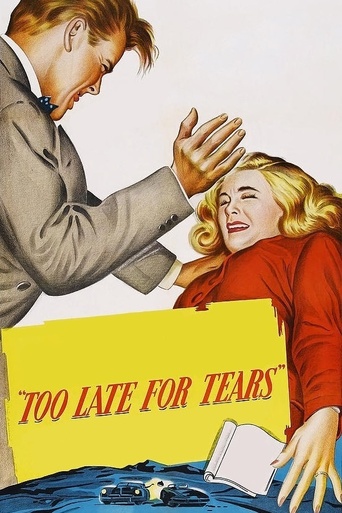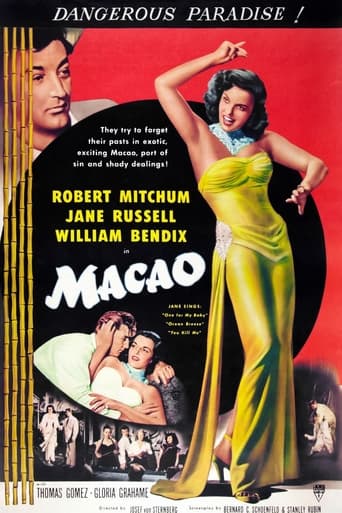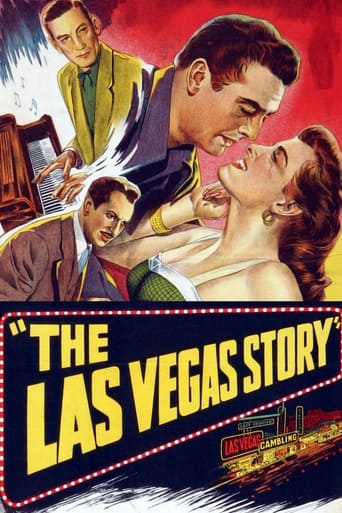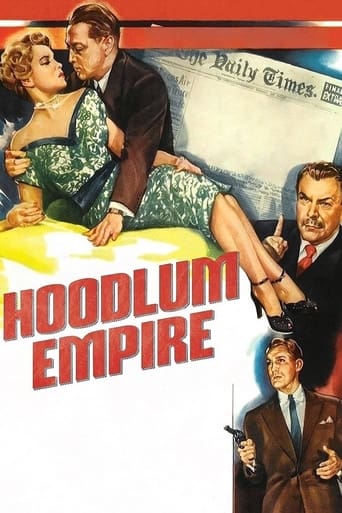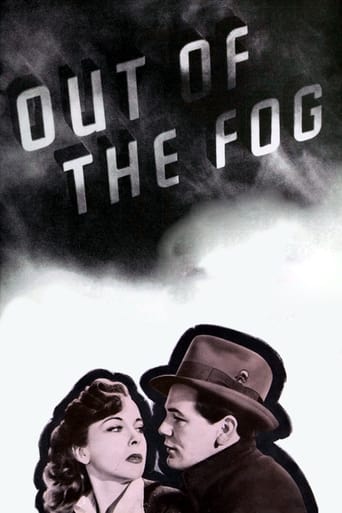Tokyo Joe (1949)
An American returns to Tokyo to try to pick up threads of his pre-World War II life there but finds himself squeezed between criminals and the authorities.
Watch Trailer
Cast


Similar titles
Reviews
Bogart is a former nightclub owner who returns to postwar Japan to pick up his life with a wife (Florence Marly) he had deserted, only to find that she had remarried and was the mother of his seven-year-old daughter...In the ensuing complications, Bogart is placed in a position where he must smuggle some Japanese war criminals back into Japan or his daughter will be killed... Then the rest is resistance and heroism, courage and back-fighting. Humphrey Bogart cuts the character quite convincingly and gives us an interesting thriller.Conclusion - Humphrey Bogart is excellent in this film, but it has no other characters of note. This keeps Tokyo Joe from being a classic, in my opinion.
. . . are some of the terms that may be applied to TOKYO JOE. An Army Air Corps Lt. Colonel during WWII, TOKYO JOE expects all of his old pals from a Pre-War stay in Japan to welcome him back with open arms after his Post-War stab at being a small businessman in the States goes bust. So what if his War colleagues nuked Hiroshima and Nagasaki? That was months ago, so it's time to let By-Gones be By-Gones. GONE WITH THE WIND taught us just ten years before TOKYO JOE hit the Big Screen that there's no place better for finding warm hospitality than in a defeated community during Reconstruction. Unfortunately for TOKYO JOE, everyone in his namesake metropolis makes an exception to this rule as far as he's concerned. When people aren't trying to bomb him or burn him alive, they're coming after him with guns, knives, and back-breaking Judo throws. As if that's not bad enough, his only child keeps getting kidnapped at the drop of a hat. Many of Humphrey Bogart's films involve him participating in WWII in some fashion, or playing a character who is a veteran of that conflict. If that War had been fought by a collection of TOKYO JOES and Captain Queegs in Real Life, the Rising Sun flag might be flying atop the White House today.
This could have been a great movie. Post World War II location movies have an intriguing atmosphere. Post-war Japan offered a terrific setting, but the obvious backlot location, with cheesy process shots trying to pass for a Japanese location, ruins the effect.Alexander Knox is great, sardonic but principled, and Sessue Hayakawa is deliciously malign. Florence Marly is a poor substitute for Lisbeth Scott -- or couldn't Bogey get his own wife Lauren Bacall to work for scale? Bogey himself looks a little shopworn. Even the love child is fat-faced and unappealing.Compromise pervades the film, from the cardboard sets to the hack director. Because it was cheap, exterior shots were minimal, and so the action scenes, which could have made for a more exciting story, give way to lots of talky interior stuff.As the studio system weakened, star-owned production companies, like Bogart's, Burt Lancaster's and Alan Ladd's, were in vogue. Stars can't resist the chance to star in a movie where they don't have to take direction, so they often hire weak directors, usually with dismal results. This is one of them.
Several years ago I stumbled upon a 35 cent biography of Humphrey Bogart written shortly after his death. In it he comments on many of his films, including Tokyo Joe. "Utterly worthless picture" he noted. Many critics agree as they dismiss this piece of hokum about what happens when a former soldier returns to what was his "home town" before the war. Thing have changed. It is not the paradise it once was to him and it is certainly no "Rick's" Instead of "As Time Goes By" we hear "These Foolish Things," a better song but not nearly as famous.Tokyo Joe was made not long after Bogey had left Warner Brothers and it has more than a whiff of a "message picture" that strikes to find some meaning in postwar Tokyo. But like "House Of Bamboo" this film works not only as melodrama but as historical artifact of a period that is now forgotten. We don't think of the Japanese as a defeated power. Ever since the Honda Accord and the Toyota Camry started blowing away American competition we have thought of the Japanese as a superpower economically, not as a crippled defeated country. This film captures a mood that is rarely expressed in movies and it captures it with rather high production values. The rest of the cast isn't much but they play it straight and thus Tokyo Joe stands up even better after the initial viewing. The DVD transfer is very good and it remains a worthy addition to the Bogart canon.

